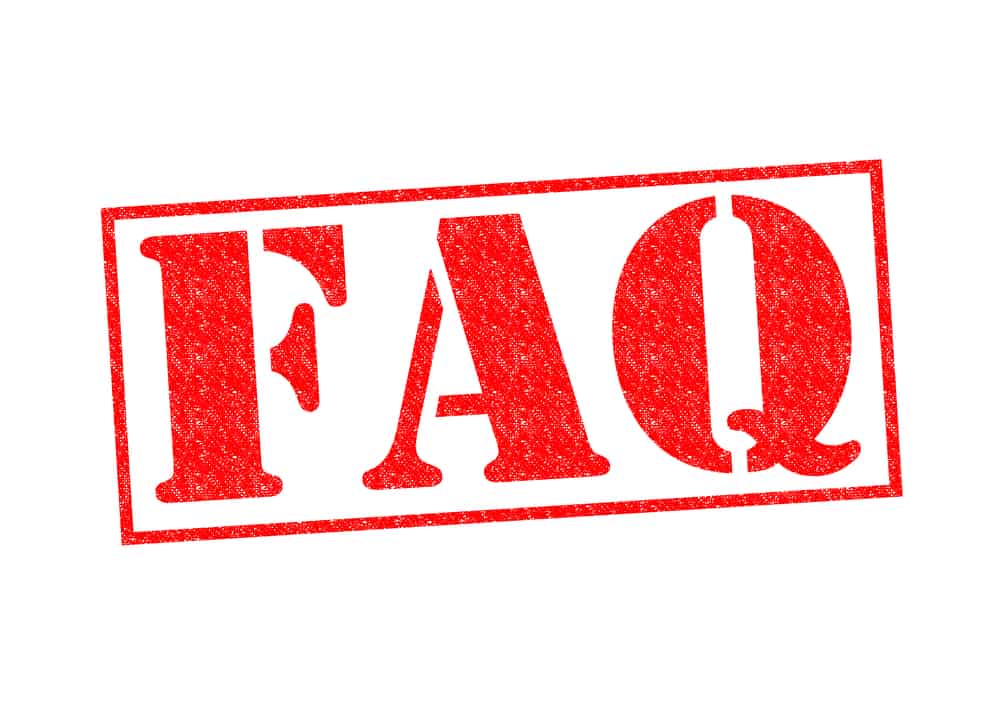A false statement against you that can damage your reputation, whether published or stated, constitutes defamation of character. Whether the defamation is personal or professional, you can protect your reputation in court by seeking damages for financial loss or emotional distress.
The First Amendment defends the right to free speech, but defamation laws protect people from the harm caused by false statements. However, proving and prosecuting defamation of character does carry challenges because your legal team must define and prove the charges.
Learn more about defamation and how to protect your reputation in the courtroom when deciding to take legal action.
Types of Defamatory Statements
The two types of defamation are known as libel and slander. It’s libel when someone expresses defamation in print, writing, signs, pictures, or other physical objects.
When a false statement intending to cause harm against you is made orally, it’s known as slander.
An incorrect statement meant to mislead or deceive others is known as a false statement. In a defamation lawsuit, the defendant must prove that what they said about you was true to avoid punishment. If they can prove they have spoken the truth, they cannot face prosecution according to defamation laws.
Understanding Protected Opinion
The First Amendment protects statements of opinion, meaning everyone has the right to one.
Therefore, if a person says, “I think that so-and-so has a drug problem,” they are expressing an opinion that will most likely not lead to a defamation of character prosecution. However, if the same statement is said more factually, “So-and-so is a drug addict,” they must prove their statement is true to avoid defamation charges.
However, not all statements starting with “I think” or “In my opinion” are prevented from being considered defamatory.
The US Supreme Court considers some opinions that merit protection from the First Amendment. These include the following:
- When the matter pertains to public concern.
- When expressed in a way that renders the opinion challenging to prove true or false.
- When it’s difficult to interpret the opinion reasonably as a factual statement.
Defamation and Matters of Public Interest
Some statements may not lead to defamatory charges in matters of public interest. Therefore, if someone makes a statement about corruption allegations concerning a public figure, their opinion will most likely be protected because it remains a matter of public concern, especially if there are already allegations in the public media.
What Do You Need to Prove as a Plaintiff in a Defamation Case?
Generally, in all states, there are some standard things you need to prove as a plaintiff in a defamation lawsuit or when making a claim. These include the following:
- The defendant made a written or spoken statement against you. Written statements are generally considered more harmful because they are more difficult to forget and can affect public figures who want to uphold their reputation. Comments considered particularly defamatory include accusations of criminal activity and sexual misconduct. In addition, a statement about someone having a sexually transmitted disease is also regarded as defamatory.
- The statement was either spoken or published. With a published announcement, the statement must have been seen, read, or heard by a third person. Therefore, even if it was written on a wall, posted on social media, or said over the radio, it’s considered defamatory.
- It was a false statement.
- Your reputation, finances, career, or health has suffered because of the statement.
- A defendant with privileges did not make the statement. In some cases, people with absolute privileges can lie. Some situations that provide “immunities” include judicial proceedings, spouses, and publications required by law.
How to Fight a Defamatory Statement Against You?
When you need to prove defamation against you will most likely face a challenging process. First, collect everything about the statement, including the exact words, time, place, to whom, and how the person communicated it.
These details are easier to collect with libel since the evidence exists somewhere on a broadcast or print. However, with slander, you will also need the person to whom the defendant made the statement to verify the defamation.
Once you collect the evidence, a defamation attorney will tell you if you have enough to prove the defamatory statements are false.
Proving Actual Malice as a Public Figure
Public figures have a more difficult burden of proof because of the Supreme Court’s limits on freedom of speech. They must also prove actual malice by the defendant when they made the defamatory statement. This means the defendant knew it was false or recklessly omitted to check if it was true or false.
Defamation on the Internet
Online defamation laws continue to evolve, but courts mostly treat defamation of character there in the same way as libel because the material appears on a blog post or is written or shown in video format on a social media platform.
If your child is bullied on the internet, you can file a lawsuit on your child’s behalf. However, the Communications Decency Act prevents you from filing a defamation lawsuit against any of the platforms on the internet.
What Damages Can You Recover in a Defamation of Character Lawsuit
The financial compensation you can expect from filing a defamation lawsuit includes the following:
1. Actual Damages
Courts translate actual damages into monetary amounts for the following financial losses:
- Reimbursement for lost wages if you missed work or lost your job and benefits accrued.
- Compensation for reduced income if you received a demotion or lost your job and had to take a lower-paying one because of the defamation.
- You may receive reimbursement for your lost business prospects or loss of clients due to the defamation of your character.
- Compensation for your medical bills if you need treatment for emotional anguish.
No two cases are the same. Therefore, it isn’t easy to translate settlement amounts into actual figures. However, your legal counsel will help you determine a monetary value based on how the defamatory statement affected your income. You must also be able to prove your financial damages caused by the libel or slander.
2. General Damages
Defamation of character may also entitle you to compensation for the following:
- Mental anguish and emotional distress
- Public disgrace and feelings of shame
- Ostracization
- Pain and suffering
- Reduced family and social ties
- Loss of life enjoyment
- Mental health issues like anxiety, depression, and PTSD
3. Punitive Damages
The court might award you punitive damages instead of compensating you for your losses if the defendant acted maliciously. This measure aims to punish and deter the defendant from repeating similar actions.
Final Take
In defamation of character lawsuits, the defendants come prepared to secure themselves with every possible tactic. Therefore, you will need an excellent defamation attorney to help you understand the law, gather the evidence, and work out a fair settlement. If necessary, your attorney will represent you in a civil court. Still, they will usually aim for an early settlement and request the immediate removal of any published libel statements against you.
FAQs

What is Defamation of Character?
Defamation of character is a statement that falsely accuses someone of having committed a crime or having a negative moral character. It can also be an untrue statement that damages another individual’s or business’s reputation.
How Do You Sue Someone for Defamation?
If you believe that someone has made false statements about you, and these statements have caused you harm, you may be able to sue them for defamation. The first step is to consult an experienced lawyer who can evaluate your case and advise you on the best course of action. In most cases, filing a lawsuit will require significant evidence, so it is important to ensure that all evidence needed is properly collected before beginning the process.
What are the Elements of Defamation?
The elements of defamation include 1) a false statement; 2) published to a third party; 3) that causes harm or damage to the person’s reputation. Depending on where you are filing your lawsuit, other elements may need to be present for your claim to be successful.
Is Defamation of Character a Crime?
No, defamation is not considered a crime in most states. In some cases, it can be considered grounds for civil litigation and compensation for damages caused by the false statement. However, criminal charges are usually only applicable if an individual makes defamatory statements with malice or intent to cause harm.
Can You Sue Someone for Defamation on Behalf of Your Child?
Yes, you can sue someone for defamation on behalf of your child as long as the child is under 18. If you believe that false statements about your child have caused them harm, then contact an experienced attorney to evaluate your case and advise on the best course of action. Your lawyer can help you determine what damages may be available in a civil lawsuit for defamation.
What should I do if someone defamed me?
If someone defames you, the first step is to consult an experienced lawyer to discuss your legal options. Depending on where you are filing your lawsuit, different elements may need to be present to succeed. It’s important to ensure all evidence needed is properly collected before beginning the process. Additionally, if any false statements are published online, you may be able to request that they be taken down. Sometimes, your lawyer may recommend negotiating a settlement instead of going to court. Ultimately, it’s important to understand the law and your rights before acting if you believe someone defamed you.



